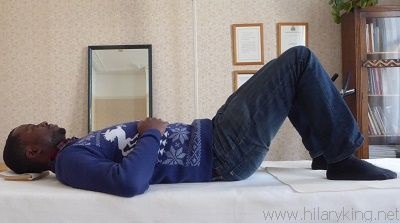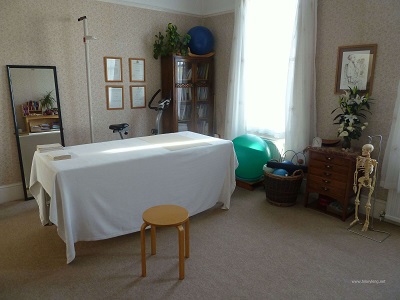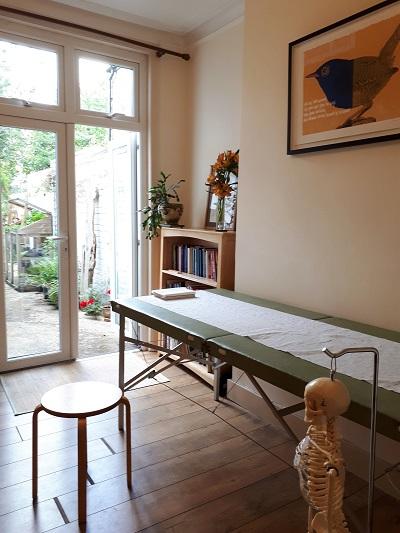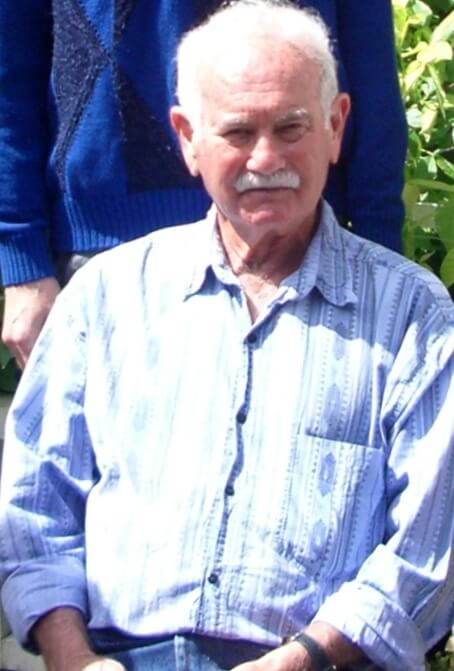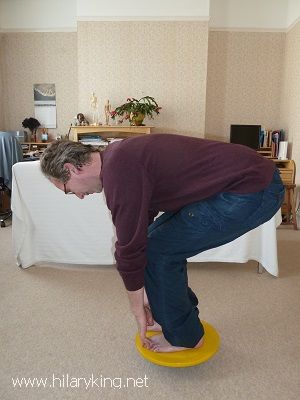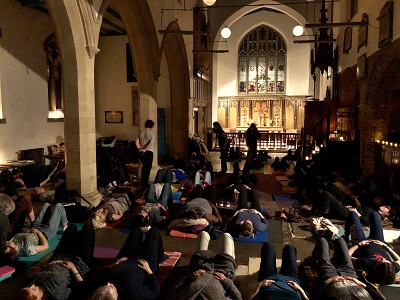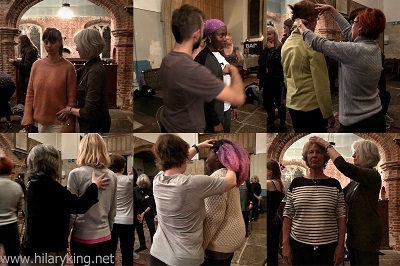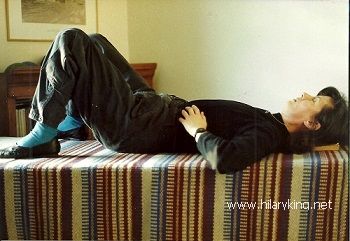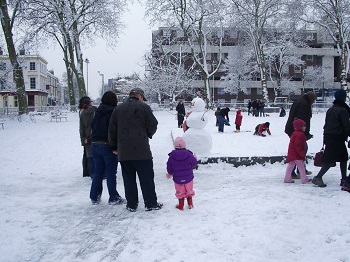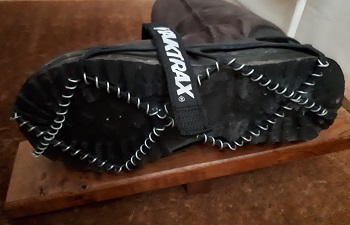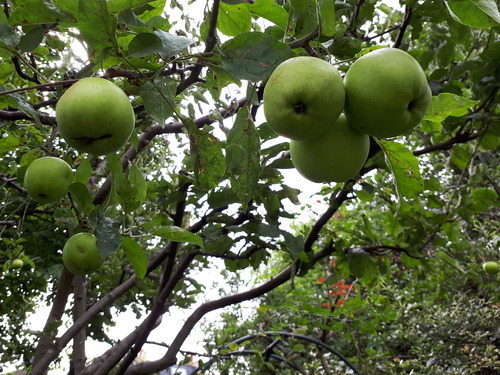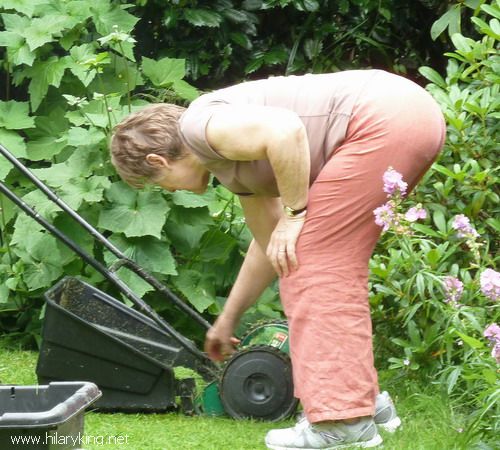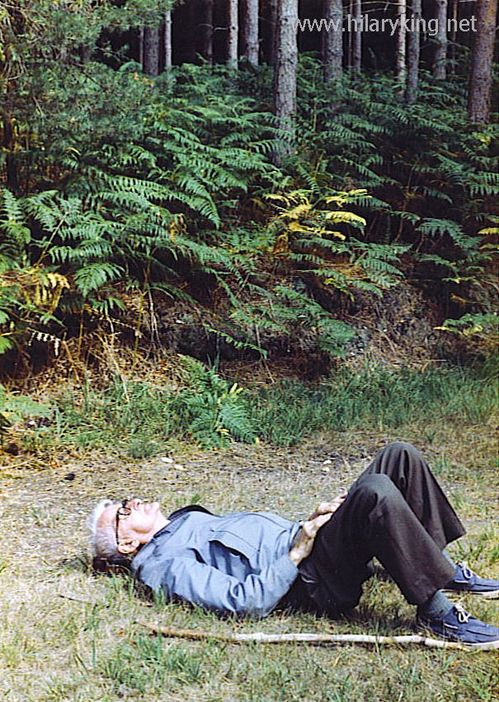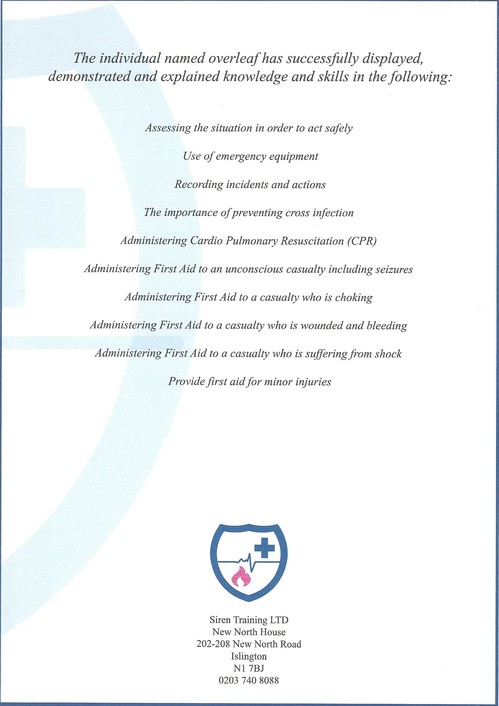Adapting to the Challenges of Covid-19
I’ve been teaching face to face Alexander Technique classes since 1987 and I now also include online work. During the Covid-19 epidemic, there were many months when we were not allowed to give in person lessons, so we had to adapt and began teaching the Alexander Technique online. I attended an online Primal Alexander course, the brainchild of Mio Morales, to develop my online teaching skills
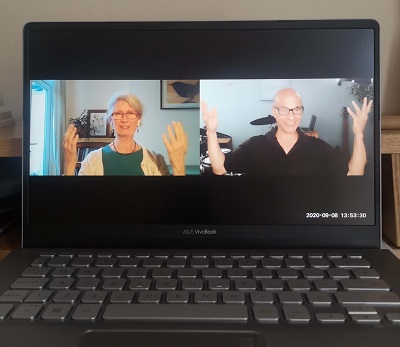
Hilary King experimenting with movements on Mio Morales’ Course
The 12 week CPD course also extended my range of teaching procedures which I use in face to face lessons. Another benefit was that I connected with international AT teachers during that long period of time when we had minimal contact with others, which was great.
An Expanded Alexander Technique Vocabulary
Mio’s developed a new vocabulary for online work, to explain the concepts of the Alexander Technique. For instance Mio talks of allowing ‘Ease’ in ourselves, as an alternative to the traditional wording of allowing movements to be ‘Free‘. This extended vocabulary expands our ability to communicate the Alexander Technique to students, particularly online. Mio also created a series of ‘etudes’, in which movement patterns can be explored whilst thinking about our body use. whilst we perform them.
Online Alexander Lessons
Online lessons are now regularly available. I have taught clients when they have been unable to come to their in person sessions and also people from many parts of the world where they do not have access to an Alexander teacher.
